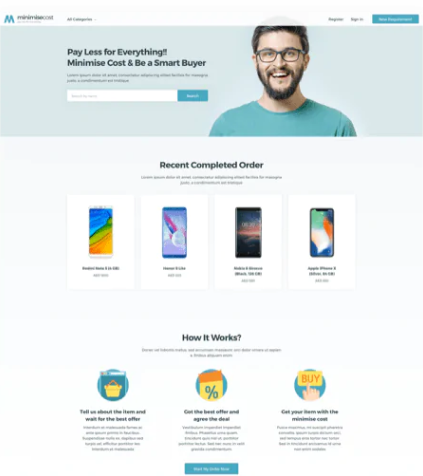Here we are exploring the advantages and disadvantages of Mobile and Web Apps. Recently, we conducted a comparative analysis of native apps versus web apps. Many companies now opt for web application development in India and abroad, while some choose not to include mobile apps. Additionally, working with HTML5 and freely available cross-platform tools makes development easier. However, this post is for those who still want to understand the strengths and weaknesses of native and web apps.
Below is a summary of the pros and cons of both native and web apps:
Review the Benefits of Native Apps Before Considering the Pros and Cons of Mobile and Web Apps
- Since native apps interact directly with the device’s built-in features, they are easier to use and deliver faster performance.
- Native apps receive full support from app stores and marketplaces. Users can easily find and download their preferred apps from these platforms.
- Because these apps must be approved by the relevant app store, users are assured of the application’s safety and security.
- Native apps are more developer-friendly, as SDKs and all necessary tools are provided to streamline the development process.
Drawbacks of Native Apps
- Native apps tend to be a more expensive proposition for developers, especially those aiming for compatibility across multiple devices and platforms.
- Maintenance and updates are also costlier for native apps, particularly if the app supports more than one mobile platform.
- The process of getting an app approved in the app store can be lengthy and repetitive. It can be a time-consuming process for any mobile application developer in India or overseas. Success is not always guaranteed, and there is no assurance the app will instantly become popular with users.
- Users of different mobile devices may use various versions of the app, making it challenging for developers to maintain and support all versions.
Advantages of Web Apps
- Web apps are much easier to maintain, as they share a common codebase across multiple platforms.
- Web apps can be adapted to work with older mobile devices.
- Web apps do not require developers to submit their application for app store approval. For example, the Apple App Store features a list of web apps.
- Since web apps do not need to be approved by an app marketplace, they can be released at any time and in any format, according to the developer’s preferences.
- Users do not need to visit an app store to download or update web apps on their devices.
Understand the Disadvantages of Web Apps to Fully Grasp the Pros and Cons of Mobile and Web Apps
- Mobile web apps have limited access to device features compared to native apps.
- Supporting multiple mobile browsers can increase development and maintenance costs for web apps.
- Different users may use various mobile browsers, making it difficult to track usage patterns and provide support for all of them.
- Users may sometimes find it challenging to discover a web application, as they are not systematically listed in app stores.
- Without a standardized quality control system for web apps, users may not always be assured of the application’s safety and security.
- Common mistakes to avoid during mobile app development in India and worldwide.
We hope you found this blog on the pros and cons of mobile and web apps helpful. Enter your email address below to receive updates on app development, digital marketing, HR, and more.











